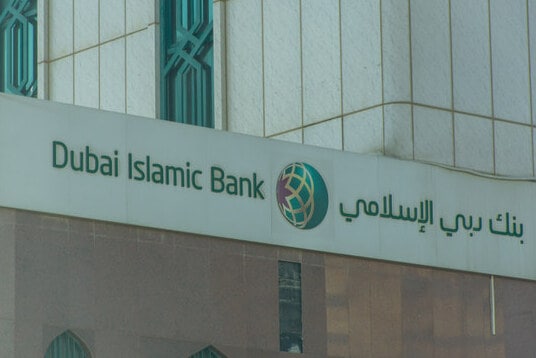In January’s close, Islamic banks in the UAE held assets valued at $169 billion.
By the end of January, the total value of assets held by Islamic banks in the UAE increased to $169 billion, a new report has shown. This marks a significant increase from the previous year and reflects the growing importance of Islamic finance in the region.
The report, which was released by the Central Bank of the UAE, revealed that the total value of assets held by Islamic banks had increased by 6.58% compared to the previous year. This growth is attributed to a number of factors, including the increasing popularity of Islamic finance products, a growing demand for Sharia-compliant financial services, and the continued stability of the UAE economy.
The report also highlighted the strong performance of the Islamic banking sector in the UAE, with most banks reporting solid financial results for the year. This success has been attributed to the industry’s focus on developing innovative products and services that cater to the needs of a diverse range of customers.
In addition to the growth in assets, the report also revealed that the total customer deposits held by Islamic banks in the UAE increased by 5.7% to reach $128 billion. This is a reflection of the strong customer confidence in the sector, as well as the high levels of customer satisfaction reported by Islamic banks in the region.
Commenting on the report, His Excellency Abdulhamid Saeed, Governor of the Central Bank of the UAE, said: “The Islamic banking sector in the UAE has continued to grow and evolve, offering a range of innovative products and services to customers across the country. The strong performance of the sector in 2022 reflects the resilience and adaptability of the industry in the face of the ongoing challenges posed by the global pandemic.”
He added: “As we move forward, we remain committed to supporting the growth and development of the Islamic finance industry in the UAE, and to ensuring that it continues to play a vital role in driving economic growth and development across the region.”
The growth of Islamic finance in the UAE has been driven by a number of factors, including the strong demand for Sharia-compliant financial services from both individual and institutional customers. Islamic banking products are designed to meet the needs of customers who are looking for ethical and sustainable financial solutions that are in line with their religious beliefs.
The sector has also benefited from the strong regulatory environment in the UAE, which has helped to ensure that Islamic banks operate in a transparent and accountable manner. This has helped to build trust and confidence in the sector among both customers and investors.
In recent years, the UAE has emerged as a leading hub for Islamic finance, with a number of high-profile institutions establishing a presence in the country. The UAE is now home to a range of Islamic financial institutions, including banks, insurance companies, and investment firms, and the sector is continuing to attract significant investment from both domestic and international players.
Looking ahead, the outlook for the Islamic banking sector in the UAE remains positive, with analysts predicting continued growth and expansion in the years to come. This is expected to be driven by a combination of factors, including the ongoing development of innovative new products and services, the growing demand for Sharia-compliant financial solutions, and the strong regulatory environment in the country.
Overall, the latest report from the Central Bank of the UAE highlights the growing importance of Islamic finance in the region, and the significant role that it is playing in driving economic growth and development across the country. As the sector continues to grow and evolve, it is likely to become an increasingly important part of the broader financial landscape in the UAE, and a key driver of economic prosperity in the years to come.





